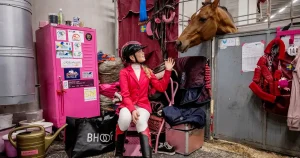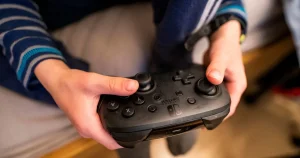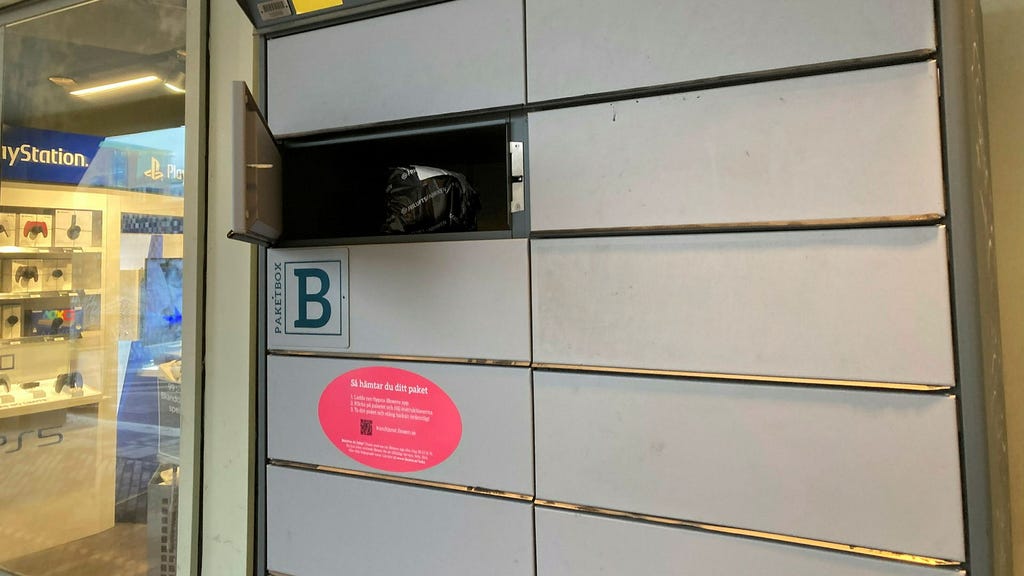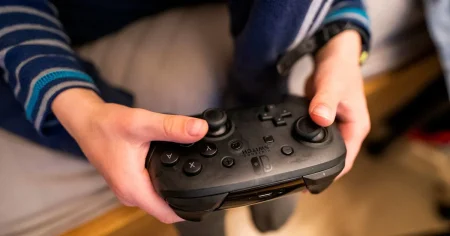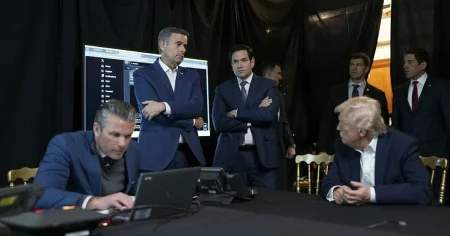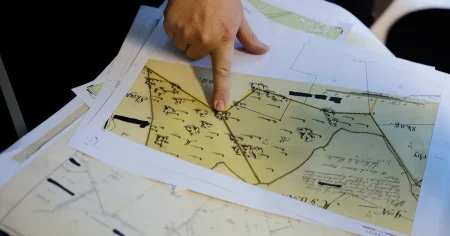The narrative revolves around the author’s experiences with retrieving online shopping deliveries for his wife, who has been largely housebound following foot surgery in December. This new routine has brought him face-to-face with the evolving landscape of parcel delivery, from traditional over-the-counter pickups at pharmacies and supermarkets to the more recent phenomenon of automated parcel lockers.
The author initially describes the relatively straightforward process of collecting packages from designated pickup points. Armed with the parcel number and his wife’s identification, he rarely encounters difficulties. This established routine, however, is disrupted by a delivery to an automated parcel locker, a system that introduces new complexities and limitations. Unlike the more flexible timeframe offered by manual pickup points, the automated locker imposes a strict seven-day deadline for retrieval.
The attempt to navigate this new system becomes the central focus of the narrative. The retrieval process necessitates downloading a specific app, granting it access to location and Bluetooth, and activating it with a code sent to the recipient’s phone – in this case, the wife’s phone. This initial hurdle already highlights the inherent limitations of the system for someone acting on behalf of the recipient. The requirement for BankID verification further complicates matters, as these digital identifiers are tied to individual devices and designed to prevent unauthorized access. The author’s own BankID on his phone is useless, and his wife’s BankID is on her phone, highlighting the inflexibility of the system for delegated retrievals.
The story underscores the lack of alternative solutions for situations where the recipient cannot physically collect the package. The absence of a simple numerical code, a transferable QR code, or any other mechanism for authorized delegation forces the author into a somewhat comical, yet thought-provoking, workaround. He is compelled to impersonate his wife, armed with her phone, her phone’s passcode, and her BankID details. The narrative emphasizes the absurdity of the situation, likening the process to a minor act of fraud, albeit one undertaken with his wife’s full knowledge and consent.
The author’s successful retrieval of the package, a small parcel containing specialized socks for his wife’s post-operative needs, provides a somewhat anticlimactic resolution. The slightly wrong color of the socks adds a touch of irony to the ordeal, further highlighting the contrast between the advanced technology of the automated locker system and the mundane nature of the retrieved item.
This seemingly simple anecdote about collecting a parcel transcends the mundane and becomes a commentary on the evolving nature of technology and its impact on everyday life. The story reveals the inherent limitations of seemingly convenient technological advancements when they fail to accommodate the nuances of human circumstances, such as illness or disability. It raises questions about inclusivity and accessibility in an increasingly digitized world, where seemingly straightforward tasks can become unnecessarily complicated for those unable to conform to the rigid parameters of automated systems. The author subtly suggests that while these systems are designed for efficiency and security, they can inadvertently create barriers and inconveniences, sometimes bordering on the absurd.



